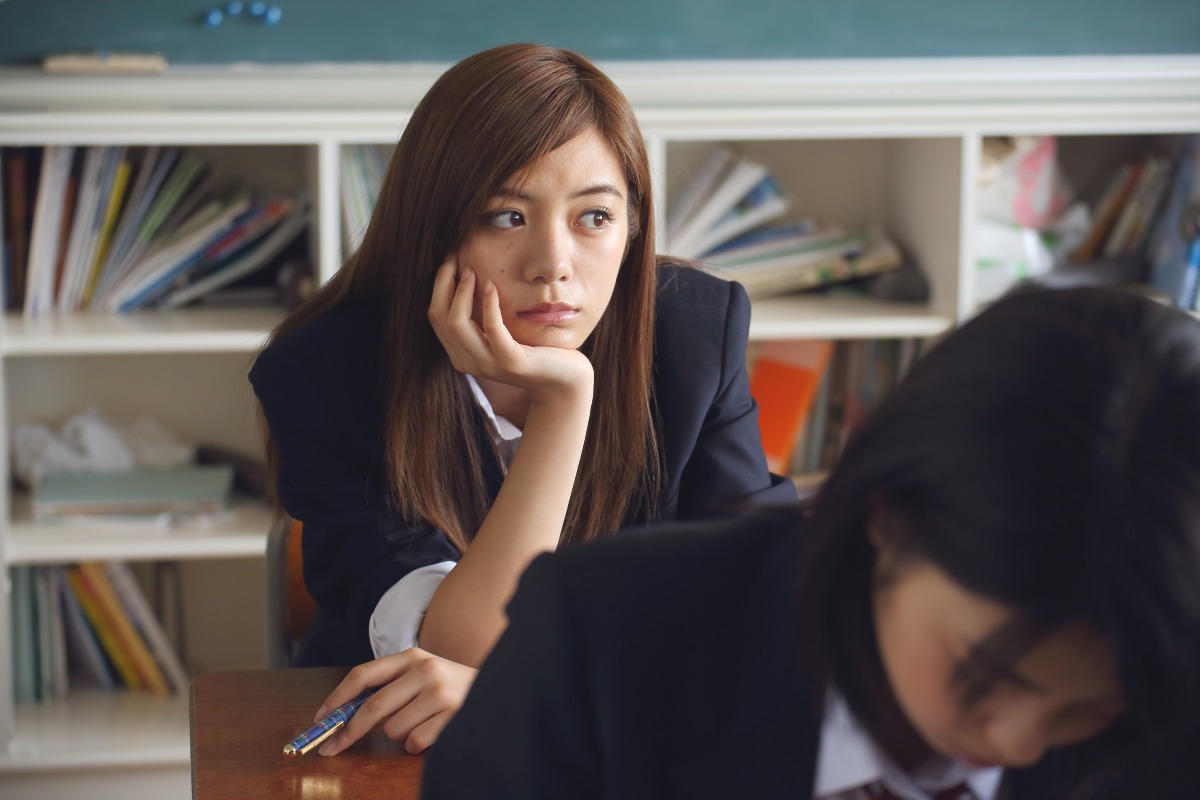Recognizing ADHD Symptoms in Women
Substance use disorder (SUD) is comorbid with a variety of mental health disorders. Understanding the signs and symptoms of various mental health disorders will help people understand and identify certain symptoms that may affect their substance use. Attention-deficit hyperactive disorder (ADHD) is a misunderstood mental health disorder commonly correlated with SUD. Understanding ADHD symptoms can help people manage the symptoms of both disorders. Furthermore, understanding the differences in how both genders display symptoms can help people understand what to look for in themselves and others. In this article, we’ll explore ADHD symptoms in women.
What Is ADHD?
ADHD is a neurobehavioral mental health disorder characterized by inattention symptoms and hyperactivity/impulsivity symptoms that make it challenging to function in day-to-day life. For many people, ADHD symptoms begin in childhood and continue to affect the person into adulthood. However, people can be diagnosed with ADHD at any age. ADHD symptoms can be divided into inattentive symptoms and hyperactivity/impulsivity symptoms. To be diagnosed with ADHD, a person can display symptoms from one or both of these categories.
Inattentive ADHD Symptoms
Generally speaking, inattentive symptoms refer to an inability to sustain focus, stay on task, or stay organized. Some inattentive ADHD symptoms include:
- Overlooking details and making careless mistakes
- Struggling to focus on specific tasks (conversations, lectures, reading)
- Seemingly not listening when spoken to directly
- Difficulties following instructions or completing projects
- Struggle to organize tasks and activities (completing tasks in order, managing time, keeping track of materials, meeting deadlines)
- Avoiding tasks that require sustained focus or mental effort (reviewing lengthy documents, completing forms)
- Easily distracted by unrelated thoughts or stimuli
- Forgetful of daily activities (chores, errands, returning calls, keeping appointments)
Hyperactivity/Impulsivity ADHD Symptoms
The second category of ADHD symptoms is hyperactivity/impulsivity. Hyperactivity is defined as excessive or constant movement, sometimes in situations where it is not appropriate. Impulsivity is characterized as acting without thinking or having difficulties with self-control and a desire for immediate reward. Often these two characteristics go hand in hand. Some hyperactivity/impulsivity ADHD symptoms include:
- Fidgety when seated
- Leaving seats in situations when it is inappropriate to do so (in the office, during a lecture)
- Feelings of restlessness
- Inability to engage in hobbies quietly
- Acting as if driven by a motor (constantly in motion or on the go)
- Talking excessively
- Interrupting people in conversation or speaking out of turn
- Being impatient when waiting for one’s turn during an activity or game
Are Men Really More Likely to Have ADHD Than Women?
It has been documented that men are more likely to be diagnosed with ADHD than women, but this doesn’t necessarily mean that women are less likely to develop ADHD symptoms. Instead, this reflects some women’s ADHD symptoms being overlooked by mental health professionals.
According to The Primary Care Companion for CNS Disorders (PCC), women are less likely to be referred to a psychologist or mental health professional for diagnosis, which has to do with the types of symptoms women tend to display versus men. In its review of ADHD in women, the PCC explains that differences in ADHD symptoms in men and women are more prominent in adulthood; however, this could be because women tend to be diagnosed in adulthood rather than in childhood when men usually are.
ADHD Symptoms in Women vs. Men
Internal symptoms are symptoms that are invisible to the naked eye. They usually cannot be seen upon first impression, whereas external symptoms are more obvious upon first impression and therefore are easier to identify. Inattentive ADHD symptoms (internal) are more prominent in women than hyperactivity/impulsivity symptoms (external). This makes it easier for women’s ADHD symptoms to go unnoticed.
The PCC’s review also notes that women are more likely to develop better coping strategies for ADHD symptoms. While this helps women manage their ADHD symptoms more easily, it is another factor that makes it easier for their symptoms to go unnoticed. Furthermore, other mental health disorders, such as anxiety and depression, contribute to women’s ADHD symptoms being overlooked. This can cause ADHD symptoms to be mistaken by a mental health professional for signs of other co-occurring disorders. Some ADHD symptoms prominent in women include:
- Low self-esteem and poor self-image
- Difficulty with peer relationships
- Masked performance for issues caused by ADHD
- Promiscuous behaviors
- Emotional dysregulation
One of the reasons women are less likely to be diagnosed with ADHD during childhood is because their presented symptoms aren’t disruptive in a classroom. Therefore, teachers are less likely to notice ADHD symptoms among female students.
Dangers Of ADHD Symptoms Going Unnoticed
When ADHD symptoms in girls go unnoticed, it sets them up to have academic and social problems into adulthood. Later in their life, it can affect their ability to work in a professional setting. Women with undiagnosed ADHD tend to respond to life stressors emotionally and feel a lack of control over their situation, which can cause difficulties in distressing situations such as:
- Feelings of disorganization
- Headaches
- Stomach aches
- Difficulties sleeping
Being able to identify ADHD symptoms can help you manage your substance use and mental health disorders. Keep in mind that ADHD symptoms in women are more subtle than in men. Restoration Recovery Centers’ mental health professionals will work closely with you to understand your mental health symptoms and provide a proper diagnosis. We understand that you are a complex human being and will work with you to create a treatment plan that caters to your recovery goals and needs. If you or someone you know is struggling with substance use, call (888) 290-0925 to learn how Restoration Recovery Centers can help you restore your life’s purpose and heal from addiction.






